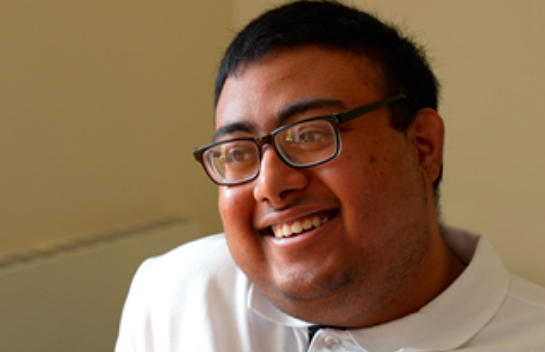How people with complex disabilities engage in politics
For the 2023 update to our Potential and Possibility research, we once again asked participants about their experiences of engaging with politics in the UK. This included questions about contacting their MPs, voting in elections and getting involved in politics in other ways.
We found that people with complex disabilities were less likely to vote and to contact their MPs in 2023 than they were last year.
Read on to find out what our participants had to say.
Contacting Members of Parliament
42% of people with complex disabilities told us they know who their MP is, and more than a quarter (28%) have contacted their MP or another politician in their area to share their thoughts on a topic.
However, not everybody felt able to do this. This is a concern because disabled people’s voices should be heard by decision makers.
“[Government should] make getting in touch with politicians much more accessible and include us in discussions. We are a massive part of society but never included.”
Voting
Despite having the right to vote in elections, some disabled people face barriers in exercising their democratic right. In our research 56% of people told us that they voted in the last general election in 2019, whereas 25% did not.
In 2022, of those who voted, a quarter (25%) found this either difficult or very difficult. Over half (56%) said this was very easy or easy and 19% said it was neither easy nor difficult.
“Make [voting] more accessible. I am agoraphobic so I don’t drive, don’t have a passport and can’t get a voting identification card from home.”
This year, new rules have come in making photo ID required to be able to vote. Nearly three quarters (72%) of people with complex disabilities had photographic identification that would allow them to vote.
Concerningly, one in five people with complex disabilities (21%) didn’t have photo ID.
Getting involved in politics
Some people choose to take an active role in politics, for example as a member of a political party or a local councillor.
However, some people with complex disabilities have experienced barriers in getting involved or have had negative experiences. This needs to change, so politics is accessible for all.
“I wanted to be a local councillor but they did not have information on the role in easy read format. More political parties need to do their manifestos in easy read.”
“It’s impossible to get involved due to inaccessible party meeting rooms, lack of disability accommodations. Financially there’s no pay to stand as an MP until voted in. This makes it prohibitive.”
“Our political system doesn’t really encourage or enable people with disabilities to participate and I would love to see this change!”
Saihan’s story

“With the help of Sense, my mental health, autism and loneliness has not stopped me from dreaming big. Despite everything, I work hard every day of my life to achieve my goals. I hope to one day get into Oxford or Cambridge University and to get a Philosophy Doctorate in Politics, before moving into politics as a career.
“My dream is to one day be the leader of the Labour Party and eventually Prime Minister of Great Britain. My hope is that I can change how people view disabilities.”
Read more about Saihan’s ambitions and experiences with Sense.
About this research
Potential and Possibility is an annual piece of research on the experiences and aspirations of people with complex disabilities. The research involves polling, our own survey and insights from audits of Sense services. This year (2023) is the second year we have carried out this research.
These pages reflect the latest information from our 2023 research, building on our findings from 2022.
If you have any questions about the research please contact [email protected].

